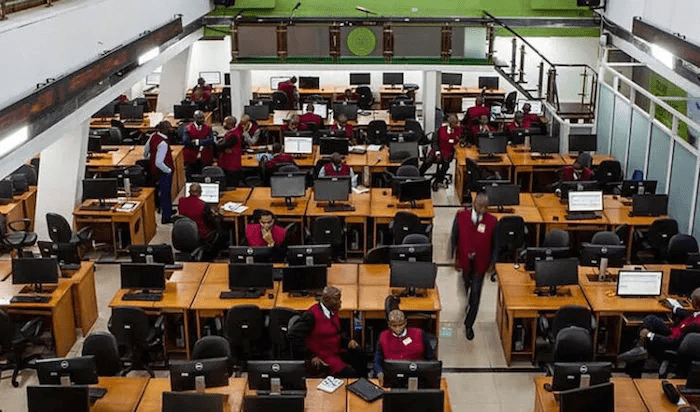· Bayelsa traditional ruler’s suit against oil company’s divestment, pollution adjourned to July 22
Olusegun Samuel in Yenagoa
Oil giant, Shell will now face a full trial in London’s High Court in 2027, over allegations that it was legally responsible for legacy oil pollution in Nigeria.
Shell Plc and a Nigerian-based subsidiary of the company, now known as the Renaissance Africa Energy Company, are being sued by members of the Bille and Ogale communities in the Niger Delta.
The legal action is led by the claimant law firm Leigh Day, which began legal action in 2015, a report obtained on Yahoo Finance stated.
The claim contains allegations that years of chronic oil spills have left the communities, which have a combined population of 50,000, without access to clean water, unable to farm and fish, and with a serious ongoing risk to public health.
The case has been through several courts, including the High Court in 2017 and the Court of Appeal in 2018. Both courts ruled that there was no arguable case that Shell owed the claimants a duty of care.
However, the Supreme Court overturned those in 2021, viewing that there was a “real issue to be tried”. The High Court went on to green-light the legal battle in November 2023.
The parties went to a preliminary issues trial between February and March this year at the court, where Mrs. Justice May had to rule on several issues, including Shell’s rejected argument on liability and concluded that the oil giant can still be liable for these spills.
Shell argued that there was a strict five-year limitation period. The judge, in her 102-page judgment, determined that the limitation period for all private law causes of action is five years.
She did state that “some 85 spills have, so far, been identified,” and despite it being launched 10 years ago, she added that this case was “still at a very early stage”.
On if Shell could be liable for damage from bunkering or illegal refining, the judge noted that “there appear to me to be a very significant hurdles in the way of any claimant successfully pursuing a claim under section 11 (5)(b).”
She concluded that “at this preliminary stage I do not think it would be sensible or right to give a definitive answer”.
Leigh Day partner Matthew Renshaw said: “Shell’s attempts to knock out or restrict these claims through a preliminary trial of Nigerian law issues have been comprehensively rebuffed.”
“This outcome opens the door to Shell being held responsible for their legacy pollution as well as their negligence in failing to take reasonable steps to prevent pollution from oil theft or local refining,” he added.
A spokesperson for Shell said the company welcomed this judgement.
“For many years, the vast majority of spills in the Niger Delta have been caused by third parties acting unlawfully, such as oil thieves who drill holes in pipelines, or saboteurs.”
Meanwhile, the Yenagoa Division of the Federal High Court yesterday, adjourned a suit challenging the divestment by Shell UK Plc from onshore and shallow water assets hitherto operated by Shell Petroleum Development Company (SPDC) to July 22.
The plaintiffs alleged that the divestment by Shell did not follow the stipulated guidelines in the Petroleum Industry Act (PIA) 2021.
The suit filed by the Chairman of the Bayelsa State Traditional Rulers Council and traditional ruler of Ekpetiama in Yenagoa Local Government Area of Bayelsa, Kimg Bubaraiye Dakolo, is also seeking redress and remediation of cumulative pollution his domain for 40 years.
Ekpetiama community is in the neighbourhood and part of host communities to the Gbarain-Ubie gas plant and Gbarain oilfields.
When the case came up for mention, counsel to the plaintiff, Dakolo, Mr. Chuks Ugoro, made an ex parte application to grant the plaintiff leave to serve the court summons on Shell UK PLC, the parent company to SPDC through substituted means.
The trial judge, Justice Ayo Emmanuel granted the application to serve some of the the defendants domiciled in United Kingdom and Netherlands.
Justice Emmanuel thereby adjourned the case to July 22 for commencement of hearing.
Listed as defendants in the suit No. FHC/YNG/CS/81/2025, are Shell Petroleum Development Company of Nigeria, Shell Petroleum N.V, Shell UK PLC.
Others are Attorney General of the Federation, The Nigerian Upstream Petroleum Regulatory Commission, Minister of Petroleum Resources and Renaissance Energy Africa Ltd.
Renaissance Energy Africa, a consortium of indigenous oil firms in March 2025, had acquired the onshore and shallow waters oil and gas assets hitherto operated by SPDC, following the divestments by Shell UK PLC, the parent company to SPDC.




